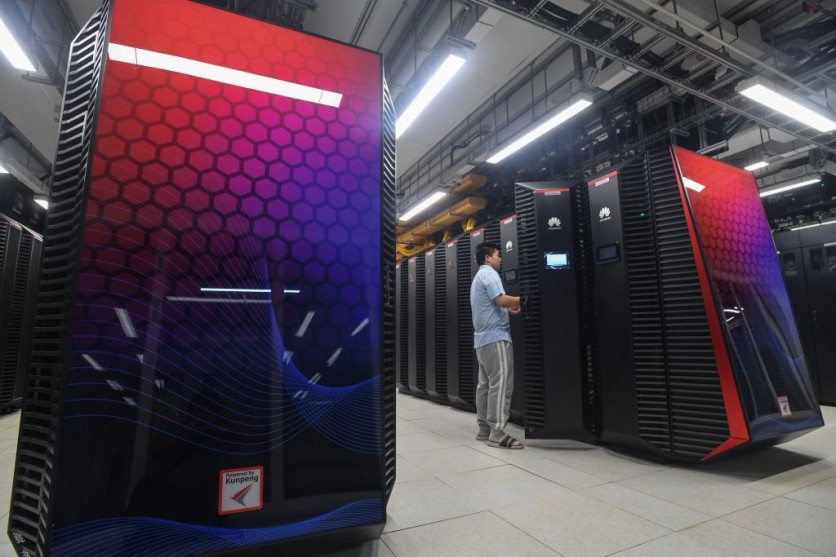China has recently unveiled its latest supercomputing marvel, "Tianhe Xingyi," at an industry event in Guangzhou, the capital of Guangdong Province.
The National Supercomputing Center in Guangzhou presented this domestically developed system, claiming it to be a quantum leap beyond its predecessor, Tianhe-2 (via Reuters).

Record-Breaking Supercomputer
The unveiling shrouded in anticipation, marks a significant leap in China's technological capabilities. Although details regarding Tianhe Xingyi's computing power remain undisclosed by official sources, Lu Yutong, the director of the center, asserts that it outperforms Tianhe-2 in critical capacities such as CPU computing power, networking, storage, and applications.
Tianhe-2, once the world's fastest supercomputer, faced setbacks in 2016 when the National University of Defense Technology (NUDT) was placed on a U.S. government blacklist.
This move restricted NUDT's access to Intel processors crucial for its supercomputers, resulting in Tianhe-2 losing its top position after a three-year reign from 2013.
China's Emerging Tech Influence
The rise of Tianhe Xingyi reflects China's focus on advancing high-performance computing. The supercomputer is designed to outperform its predecessor in artificial intelligence (AI) big model training, high-performance computing, and extensive big data analysis (via China Daily). Tianhe Xingyi is envisioned as a game changer in these domains by the National Supercomputing Center in Guangzhou.
The significance of the new computer's domestically designed architecture, according to Lu Yutong, positions China as a key player in supercomputing innovation. This accomplishment has global ramifications, demonstrating China's progress toward technological self-reliance.
While Tianhe Xingyi takes the spotlight, it is worth noting other formidable players in China's supercomputing landscape. Sunway TaihuLight, developed by the National Supercomputing Center in Wuxi, held the seventh position on the June 2023 list.
Tianhe-2, despite its dethroning, secured the tenth spot, highlighting the ongoing competition and innovation within China's scientific community.
The unveiling of Tianhe Xingyi sparks intrigue not only for its immediate impact but also for its potential implications on international technological dynamics.
As the global race for supercomputing supremacy intensifies, China's stride with Tianhe Xingyi underscores its commitment to pushing the boundaries of computing capabilities.
Global Supercomputer Race
In the latest TOP500 Supercomputers ranking for 2023 released back in May, the United States has surpassed China in hosting the world's fastest supercomputers.
The US now boasts 150 supercomputers, up from 126 the previous year, while China experienced a decrease from 162 to 134 machines, according to Techspot.
Supercomputers, integral for advanced scientific applications, symbolize a nation's technological prowess. The TOP500 list, now in its 61st edition, reflects the evolving computing capabilities globally.
Remarkably, the US has ascended from second place to claim the top spot, showcasing significant progress in terms of the absolute number of supercomputers.
Stay posted here at Tech Times.
Related Article : Revolutionizing Physics: Unifying Quantum Mechanics and General Relativity Through Spacetime's Wobble

ⓒ 2025 TECHTIMES.com All rights reserved. Do not reproduce without permission.




